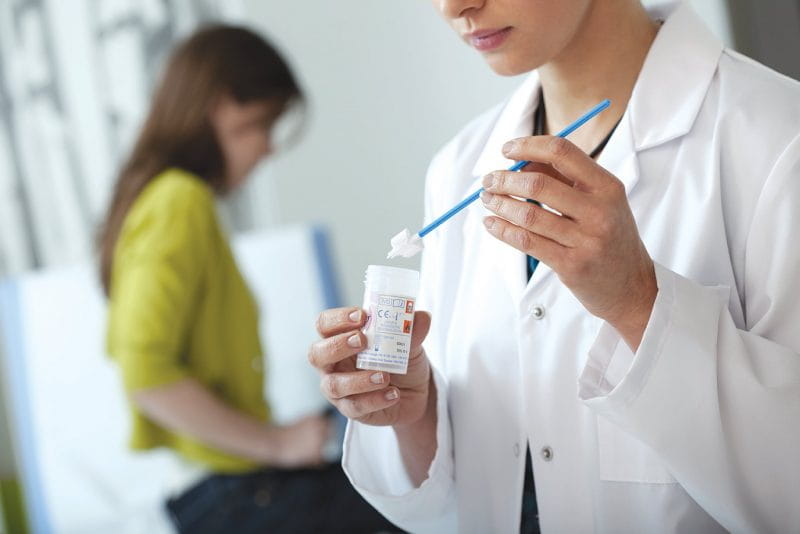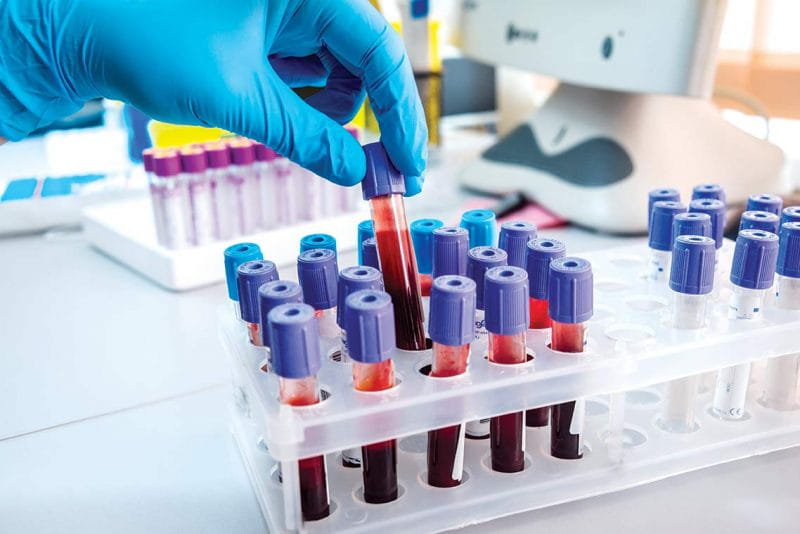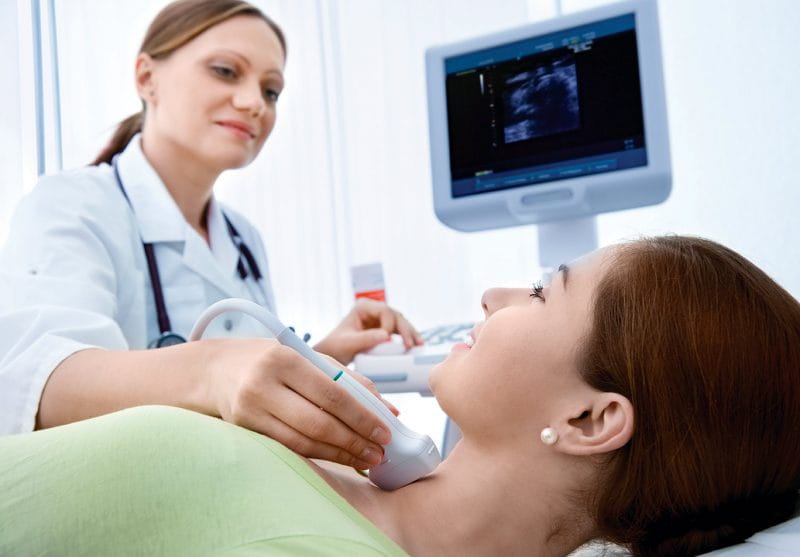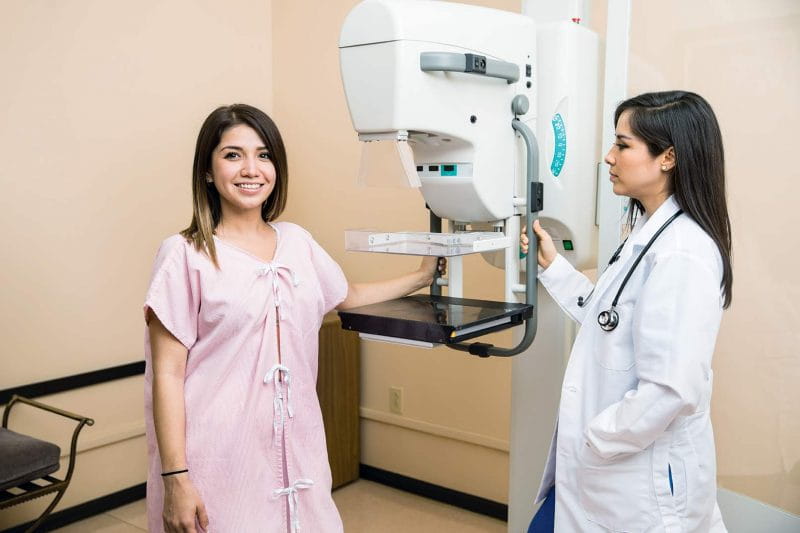Doctors have always vouched for the importance of having an annual health check-up for a healthy life. The need becomes further pronounced in today’s stressful times, especially for women who are constantly multi-tasking. Reshma O. Pathare lists the five medical tests that should be on every woman’s annual calendar.

In the busy scheme of things, women very often tend to put their own health on the back burner. But it’s extremely important that all women opt for these medical tests at least once a year to help arrest common ailments that she can otherwise get afflicted with:
Pelvic exam and PAP smear test: A pelvic exam is one where the doctor checks your entire reproductive system. PAP test is a simple procedure wherein the doctor takes a swab of cells from the vagina and checks it to detect the presence of precancerous conditions (especially those leading to cervical cancer) and small tumours. Start doing the test soon after you become sexually active or after the age of 21 years, whichever is earlier. The test needs to be done every threeyears, unless other symptoms show up in the interim.

Lipid profile test: This is a simple blood test that scans you for the presence of four types of cholesterolsviz.low-density lipoprotein (LDL), high-density lipoprotein (HDL), triglycerides and total cholesterol. These increase your risk for coronary artery diseases, heart diseases and strokes. The test should ideally be done every 4-6 years after the age of 20; albeit, the frequency varies depending on other factors such as family history, having diabetes, being a smoker or having an unhealthy lifestyle.

Vitamin D deficiency test: According to a recent study by ICMR, almost 70 per cent of Indian women are deficient in Vitamin D, an element that helps use the calcium in the body, thus leading to strong bones. Deficiency of Vitamin D can cause skeletal deformities, rickets, cardiovascular diseases and even cancer. Women are more at risk because their bones undergo tremendous changes during pregnancy. Also, our climatic conditions and dark pigmentation of the skin increase the risk of deficiency. It is best to take the Plasma 25 OH(D) blood test, once or twice a year, to detect the deficiency. Women suffering from auto-immune diseases, diabetes, fibromyalgia, PCOS and few more ailments, should most definitely not miss this test.

Thyroid-Stimulating Hormone (TSH) test: Women are 3 to 10 times more susceptible to thyroid gland problems than men because our hormonal leaps make our bodies more sensitive to hormonal changes. Take the TSH blood test every six months for the first two years and then once a year to help detect hyperthyroidism, hypothyroidism, goitre and cancer. Symptoms like abnormal weight gain or loss, fatigue, hair loss, brain fog, irregular menses and swelling in the neck are red flags for thyroid problems. If you're planning a baby, it is advisable to take the test at prenatal stages because hyperthyroidism carries immense risk of miscarriage in the first trimester.

Mammogram: While it is pertinent to have a manual breast check-up done once a month at home by self and once a year by the gynaec to check for any abnormal lumps, dimples or fluid secretion; women above 50 years of age should definitely opt for an annual mammogram till the age of 75 years, to rule out the possibility of breast cancer. Women who have a family history of breast cancer and/or find any abnormality during the manual check-up should also go in for a mammogram, which is a simple X-ray of the breasts. The simple version is called screening mammogram, whereas the advanced one is called digital mammogram, which can also detect calcified plaques in the breast tissue that lead to heart attacks or strokes.

